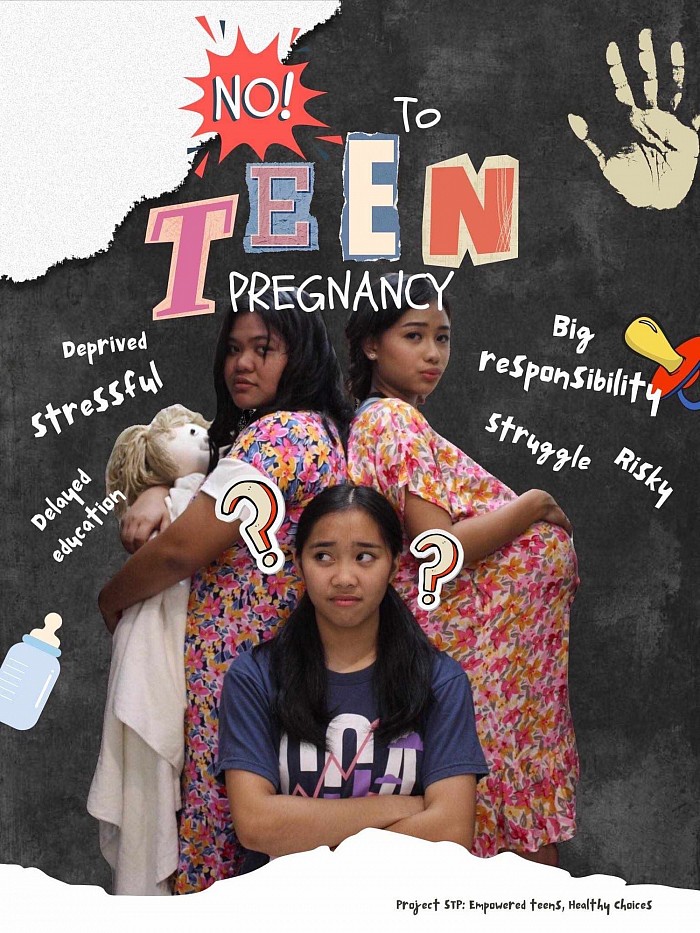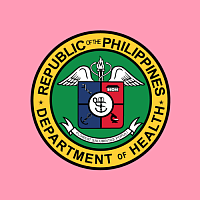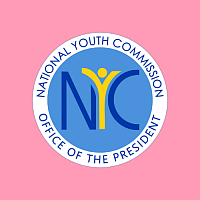About Teen Pregnancy
Pregnancy in women 19 years of age or younger is referred to as teenage pregnancy. It happens when young people have sex and get pregnant before they are fully grown adults. Due to the early ages of the moms, teenage pregnancy can present a number of difficulties, such as interrupted schooling, insufficient funds, and elevated dangers to the health of the mother and child. It is frequently regarded as a social and public health concern needing all-encompassing assistance and preventative measures.
Causes of teen pregnancy
1. Social and Cultural Factors: Societal norms, peer pressure, and cultural attitudes towards sex and contraception can significantly shape teenagers’ behaviors related to sexual activity and pregnancy.
2. Poverty and Opportunity Gaps: Teenagers from low-income families may face challenges such as limited access to healthcare, education, and employment opportunities, which can increase the likelihood of early pregnancy.
3. Family Dynamics: A teenager’s family structure, communication, and parental involvement can impact their risk of becoming pregnant. Factors like parental neglect, abuse, or lack of positive role models can contribute to teenage pregnancy.
4. Media Influence: Exposure to media messages that glamorize teenage pregnancy or present unrealistic expectations about relationships and sexuality can also influence teenagers’ perceptions and behaviors.
Effects of teen pregnancy
Health Risks
Teenage pregnancy can lead to more complications during pregnancy and childbirth, such as premature birth and low birth weight, putting both the mother and baby at risk.
Education
Teenage pregnancy often interrupts schooling, resulting in lower educational achievement and fewer opportunities for future employment and financial stability. Many young mothers drop out of school or struggle to finish their education while caring for a child.
Economic Impact
Teenage pregnancy can contribute to ongoing poverty cycles. Young parents often lack the financial means and job skills necessary to support themselves and their children, leading to long-term financial instability.
Social Stigma
Teenage pregnancy is often accompanied by social judgment and stigma, causing feelings of shame and isolation for the young mother and potentially affecting the child's social experiences.
Parenting Challenges
Teenage mothers may face difficulties in providing adequate emotional, financial, and practical support for their children due to their lack of maturity and support systems.
Child's Health and Development
Children born to teenage mothers are at higher risk of experiencing developmental delays, behavioral issues, and health problems, and they may encounter obstacles in accessing necessary healthcare and support services.
Interpersonal Relationships
Teenage pregnancy can strain relationships with family, partners, and peers, as young parents navigate their new roles and responsibilities.
Future Opportunities
Teenage pregnancy can limit future opportunities for both the mother and child, hindering their ability to pursue higher education, career goals, and personal aspirations.
How to help teens to choose wise decisions for their future?
Teens face a crucial period where the decisions they make can significantly impact their future. By drawing insights from various sources, we can outline a comprehensive approach to guiding teens towards making informed and wise choices for their future.
Encourage Open Communication
Open communication is fundamental in understanding a teen's perspective and guiding them effectively. Research suggests that fostering a supportive and communicative environment can lead to better decision-making outcomes for teens
Promote Self-Awareness
Helping teens develop self-awareness is crucial in decision-making. Studies have shown that self-awareness
Provide Guidance, Not Directives
Guiding teens through the decision-making process rather than dictating choices can help them develop critical thinking skills and a sense of autonomy. Autonomy-supportive parenting is linked to better decision-making abilities in adolescents.
Encourage Exploration and Experimentation
Encouraging teens to explore various interests and opportunities can help them discover their passions and strengths. Exposure to diverse experiences can enhance decision-making skills and broaden perspectives.
Discuss Long-Term Consequences
Helping teens understand the long-term implications of their decisions can motivate them to think more critically about their choices. Discussing consequences can lead to more thoughtful decision-making in adolescents.
Provide Opportunities for Skill Development
Offering teens opportunities to develop practical life skills can equip them with the tools needed to make informed decisions. Teaching decision-making skills can lead to better outcomes in various areas of life for teens.
Foster Resilience and Adaptability
Encouraging teens to embrace challenges and learn from setbacks can build resilience and adaptability, essential qualities for making wise decisions. Resilience training can improve decision-making skills in adolescents.
Celebrate Small Wins
Recognizing and celebrating teens' achievements can boost their confidence and motivation to continue making wise choices. Positive reinforcement enhances decision-making abilities and self-esteem in adolescents.
Government Agencies that can help teens in Addressing Teenage Pregnancy
Leads reproductive health programs, educating teens on contraception, family planning, and access to health services.
Includes sex education in school curricular to teach teens about responsible sexual behavior and the consequences of early pregnancy.
Offers youth employment programs, providing skills training and job opportunities for teenagers to empower them economically and reduce their vulnerability to teenage pregnancy.
Offers support services like counseling, healthcare, and educational assistance to pregnant teenagers, aiming to reduce teenage pregnancy rates and improve the well-being of young Filipinos.
Advocates for youth empowerment, running awareness campaigns, and supporting initiatives to prevent teenage pregnancy and assist at-risk teens.

















